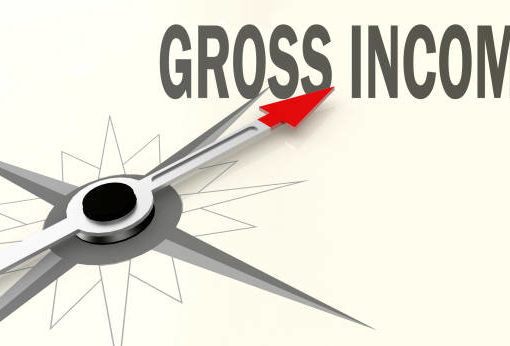Building a house gives you the opportunity to have everything you could want for your home – within your budget, of course. You don’t have to be rich to do this, you just need to qualify for a construction loan. Construction loans are different from traditional mortgage loans. First, a traditional mortgage is a long-term loan that helps you pay off your existing home, while a construction loan is a short-term loan that pays for building a new home and can be converted into a traditional mortgage when the construction process is complete.
What is a construction loan?
A construction loan allows you to borrow money to build or renovate your home. When you buy a home that is ready to move in, the mortgage only needs to cover the purchase price and sometimes the finishing costs.
When you build a house (or buy a house that you want to renovate), there are more steps involved: buy land, pay contractors, pass inspection. This more complicated process requires a different type of loan.
Construction loans cover such costs as: plot, architectural plans, design fees, building permits, construction materials, contractor’s work, provisions for contingencies (in case the project exceeds the budget), reserves for interest (to cover interest costs during construction) , construction completion costs, long-term financing after construction.
How do construction loans work?
The construction loan is structured in such a way that the work is paid for in stages. This arrangement, known as a “repayment schedule,” reduces the risk for both the borrower and lender that the builder will receive a large sum upfront and not complete the work.
It also reduces the risk of shoddy work as the lender will require an inspection after each construction phase before releasing more funds. In fact, construction lenders require borrowers to work with experienced builders who carry out a large amount of work and are financially sound, licensed and insured.
Construction loan interest
The interest rate on construction loans varies from one lender to another, but may be similar to the interest rate on existing home loans or a few percentage points higher. Having a strong borrower profile (such as an excellent credit score and debt-to-income ratio) and working with a lender that specializes in construction loans will help you qualify for the best possible rate.
Construction loans can have a fixed or variable interest rate during the construction phase. If you choose a construction loan with a variable interest rate, it is important that you know how far your interest rate can drop and when you will be able to lock the interest rate on your fixed (after construction) mortgage. Fixed interest loans can also have a variable interest rate.
If you don’t want this uncertainty, look for a fixed rate construction loan so that the rate stays the same during the construction and fixed phases.
How to get a construction loan
As with any home loan, you need to meet a set of requirements to get a construction loan. Requirements vary depending on the lender and the type of construction loan you are applying for.
What are the requirements for a construction loan?
Credit Score: You must have a good credit score to qualify for a construction loan.
Advance Payment: For a conventional construction loan, you may need an advance payment of as little as 5%. Sometimes 10% to 20% of the selling price (land plus construction costs) or equity from the land value is needed.
Debt to Income Ratio: Your debt to income ratio should be 43% or less. A higher rate may be allowed if you otherwise have strong finances.
Repayment Plan: Construction loans typically require no payments or interest-only payments during the construction phase. Upon completion of construction, you will make fully amortizing principal and interest payments.
Is it difficult to get a construction loan?
It shouldn’t be hard to qualify for a construction loan if you work with a reputable investor and have a strong financial profile.
However, the qualification process has more steps, so it can be more complicated and take longer than qualifying for a conventional mortgage.
The first thing you should look for when choosing a construction lender is experience with construction loans. A lender that processes a large amount of construction loans and understands their intricacies will be easier to work with.
Chances are you’ve never built a home before, so you’ll want to choose a lender that can help you manage the construction process in the most efficient way possible. A lender who has gone through the experience of building a house multiple times will have a strong sense of how the process should work, what could go wrong, and how to avoid problems. It can help you make sure construction is done properly.




